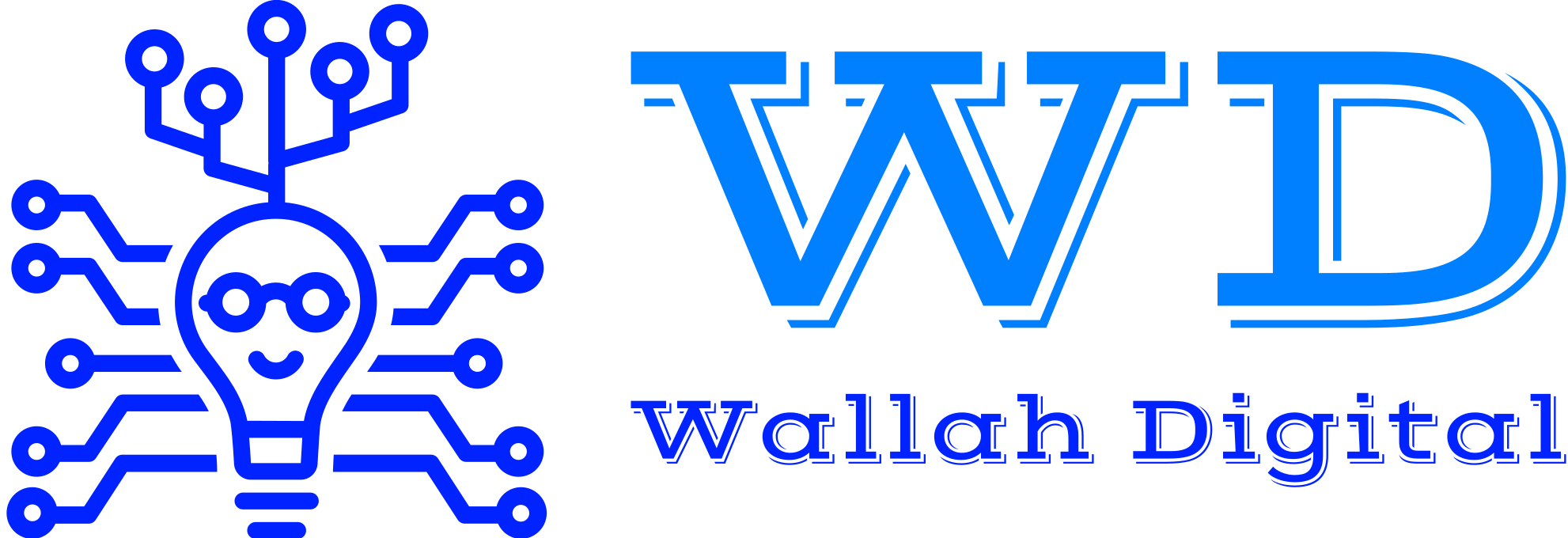C Language: An Introduction to the Foundation of Programming
The C programming language is a powerful and widely used programming language that serves as the foundation for many other programming languages. Developed in the early 1970s by Dennis Ritchie at Bell Labs, C has stood the test of time and remains a fundamental language in the field of computer programming.
C is a general-purpose, procedural programming language that provides low-level access to memory and system resources. It is known for its efficiency, flexibility, and portability. One of the key reasons for its popularity is that it strikes a balance between high-level and low-level programming, offering developers control over system resources while providing a relatively simple and expressive syntax.
C is extensively used in various domains, ranging from operating systems and embedded systems to game development and high-performance applications. It has been the language of choice for building compilers, interpreters, device drivers, and countless software applications. Its wide adoption can be attributed to its speed, reliability, and the vast number of libraries and tools available for C development.
How Learning C can be beneficial for developers?
1. Strong Foundation: C introduces fundamental programming concepts like variables, data types, loops, conditionals, and functions. Mastering these concepts in C provides a solid foundation for understanding programming principles that apply to many other languages.
2. Efficiency and Control: C allows developers to write code that executes quickly and consumes minimal system resources. It provides low-level access to memory, allowing precise control over how data is stored and manipulated. This makes it an ideal choice for systems programming and situations where performance is critical.
3. Portability: C code is highly portable across different platforms and operating systems. Once written, C programs can be compiled to run on various devices, making it a versatile language for cross-platform development.
How to start learning C language?
1. Set Up a Development Environment: Choose a suitable Integrated Development Environment (IDE) or text editor for writing and compiling C code. Popular options include GCC (GNU Compiler Collection), Clang, and Visual Studio Code with appropriate extensions.
2. Learn the Basics: Begin by understanding the core concepts of C, such as variables, data types, operators, control structures (if-else, loops), and functions. Online tutorials, textbooks, and video courses can be valuable resources for learning the basics.
3. Practice and Experiment: To solidify your understanding, practice writing small programs and experiment with different coding techniques. Solving coding exercises and participating in coding challenges can help reinforce your knowledge.
4. Dive Deeper: Once you have a grasp of the fundamentals, explore more advanced topics like pointers, arrays, structures, file handling, and dynamic memory allocation. These concepts are essential for writing complex and efficient programs.
5. Build Projects: Apply your knowledge by working on practical projects. Building small applications or solving programming problems can enhance your problem-solving skills and demonstrate your understanding of C programming.
Is it worth learning C programming?
Absolutely! Despite the emergence of newer programming languages, C remains a crucial language to learn. While some might argue that higher-level languages offer quicker development and increased productivity, understanding C programming provides a deeper understanding of how computers work at a low level. Moreover, many systems, libraries, and applications are built using C, making it necessary to know C to interact with such components effectively.
Additionally, learning C opens doors to a wide range of opportunities. It lays a strong foundation for learning other languages like C++, Java, and Python. It also enables you to dive into embedded systems, operating systems, and other fields that demand a solid understanding of low-level programming.
In conclusion, the C programming language holds a prominent position in the world of programming due to its efficiency, flexibility, and portability. It serves as the foundation for numerous other languages and remains widely used in various domains, from system development to game programming. Learning C offers developers a strong foundation in programming principles, efficient code execution, and the ability to control system resources. The language’s portability and extensive libraries further contribute to its usefulness.

